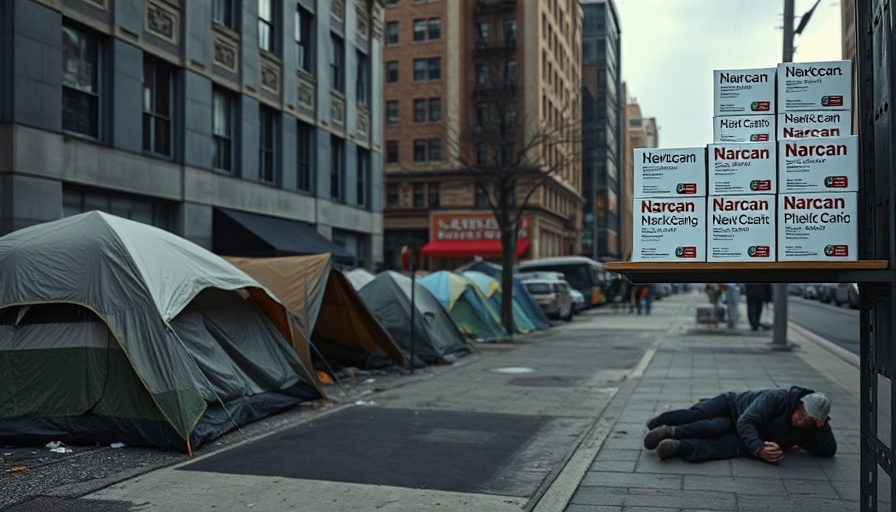
The Arrest of Tyler Robinson: What Happened?
The recent arrest of Tyler Robinson in connection with the tragic shooting death of conservative activist Charlie Kirk has sent shockwaves through the nation. Robinson, 22, reportedly confessed to his father after seeing photographs released by law enforcement. His father's confrontation led to a frantic call for help, ultimately resulting in Robinson's surrender to the U.S. Marshals Service. This incident highlights critical issues surrounding gun violence and the mental health crises affecting today's youth.
Understanding the Context of Violence Against Public Figures
Charlie Kirk, the 31-year-old founder of Turning Point USA, was engaging with students at Utah Valley University when the shooting occurred. This event was part of his "Prove Me Wrong" debate series, which attracts young conservatives eager to engage in discussions challenging their views. Kirk's high-profile presence had previously garnered both admiration and disdain, making him a target for polarized political sentiments.
Robinson, a third-year electrical apprenticeship student, became increasingly political in the years leading up to the tragedy. Family members reported shifts in his behavior, indicating a troubling trend among youth in today's highly charged political climate.
The Implications of Mental Health on Young Americans
Robinson's confession reveals a deeper issue of mental health struggles among young adults today. As the son of a business owner and a licensed social worker, one would expect the family to have access to support systems. Yet, Robinson expressed a desire for self-harm over turning himself in, illuminating the desperation that many individuals feel in similar situations.
This tragic incident serves as a reminder of the urgent need for improved mental health resources for young Americans navigating an increasingly complicated world filled with social media misinformation, changing societal expectations, and heightened polarization.
Wider Issues of Political Polarization and Violence
The killing of Charlie Kirk is not an isolated incident but part of a growing trend where ideological divisions are morphing into violence. As political rhetoric heats up, public figures often find themselves under threat. The response from officials and citizens alike is crucial. Utah Governor Spencer Cox emphasized the importance of Robinson's family for contacting law enforcement—a commendable act that contrasts with many others in similar situations.
This event raises questions about our society's response to acts of violence and the political climate that influences individuals like Robinson. What can be done to prevent future acts of violence against public figures? Engaging in dialogue about political beliefs without resorting to aggression could be a starting point.
Local Reactions to the Shooting
The news of Charlie Kirk's death led to a mixture of shock and mourning in local communities. Fellow activists, students, and citizens have taken to social media, expressing their condolences and calling for a greater focus on promoting peaceful dialogue over political extremism. Community members reflect on the impact of Kirk's work and its relevance to the current political discourse, emphasizing that open conversation should be encouraged rather than hostility.
Final Thoughts: Taking Responsibility and Moving Forward
The circumstances surrounding the shooting of Charlie Kirk and the confession of Tyler Robinson offer a critical opportunity for reflection among individuals, families, and communities. Society must urgently address mental health needs, promote civil discourse, and enhance support systems for individuals struggling with extremist views. We can take meaningful steps towards a future where the expression of differing opinions does not lead to violence.
Combating the stigma surrounding mental health, fostering open communication, and creating a more inclusive environment for political dialogue are essential to halt the troubling trend of violence. As the investigation continues, it remains crucial for citizens and leaders alike to engage with one another in constructive ways that uphold the value of every human life.
 Add Element
Add Element  Add Row
Add Row 



Write A Comment